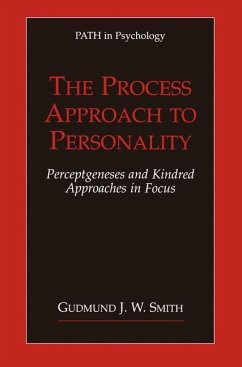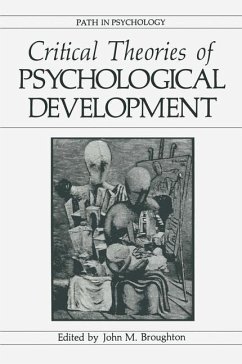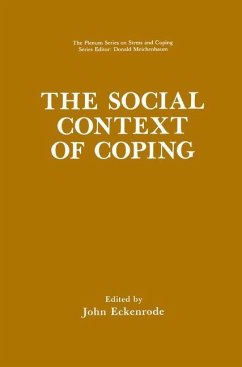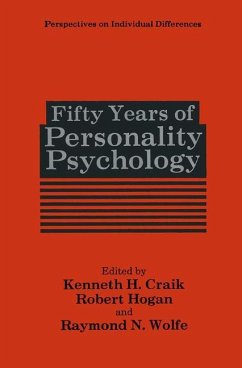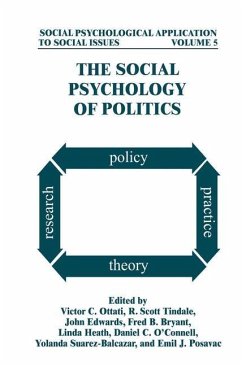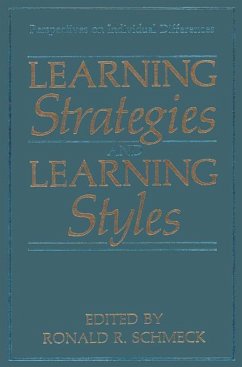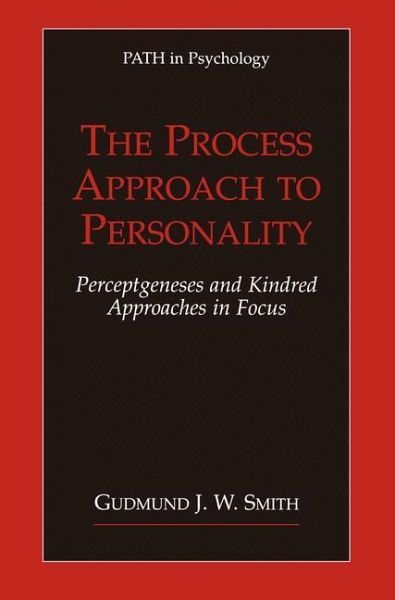
The Process Approach to Personality
Perceptgeneses and Kindred Approaches in Focus
Versandkostenfrei!
Versandfertig in 1-2 Wochen
39,99 €
inkl. MwSt.
Weitere Ausgaben:

PAYBACK Punkte
20 °P sammeln!
This book presents the construct of perceptgenesis, a psychodynamic theory pioneered by the author that explains reality as constructed from within by means of hidden but retraceable microprocesses under constraints imposed by outside stimuli. Supported by a process-oriented theoretical framework, the approach is clinically relevant to such fields as personnel selection, creativity, development, psychosomatics, and psychopathology.
Some Implications of the Perceptgenetic Studies We should be most grateful to Professor Gudmund Smith for this compilation of studies on perceptgenesis (PG). Smith and his colleagues at Lund University are part of a small insurgency in psychology that has worked gamely and in relative obscurity to document the presence of subjective phases in the process leading to a perceptual object and the infrastructure of this process in the person ality. Smith describes ingenious methods to probe this hidden undersurface, and of a perceptual object is, in the ordinary demonstrate that the experiential content an object sense, pre-perceptual. That is, the feeling, meaning and recognition of are not attached to things out there in the world after they are perceived, but are phases ingredient in the process through which the perception occurs. To most psychologists, this statement would appear so radical as to be hardly worth refuting. A subjective approach to perception undermines the realism, consensual validation, and objectivity of a descriptive science of the mind. It is much simpler to interpret the 'psychic contribution' to object perception as an addition to physical nature. However, the idea that objects are assemblies of sensory bits linked to feeling and meaning, associated to memories for recognition and interpretation and then projected back into the world where we see them, though at first blush appealing to common sense, is so implausible that one is mystified by its universal acceptance.





